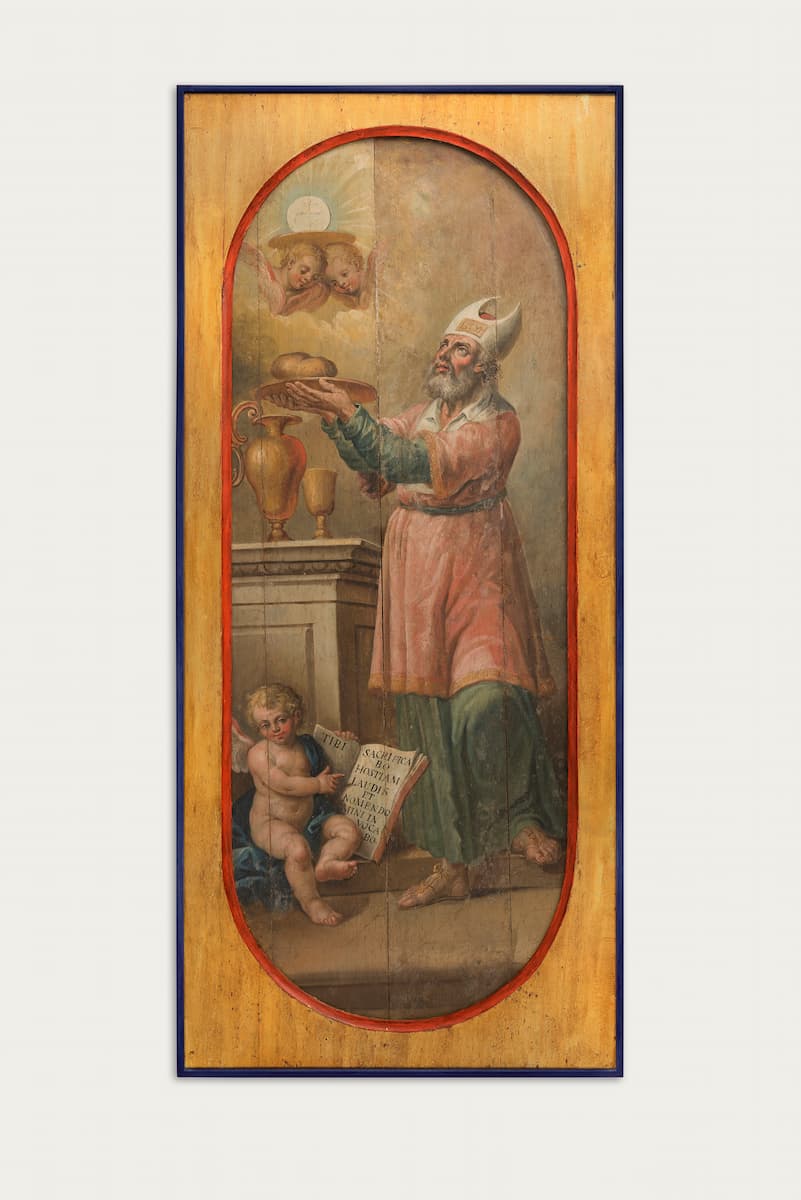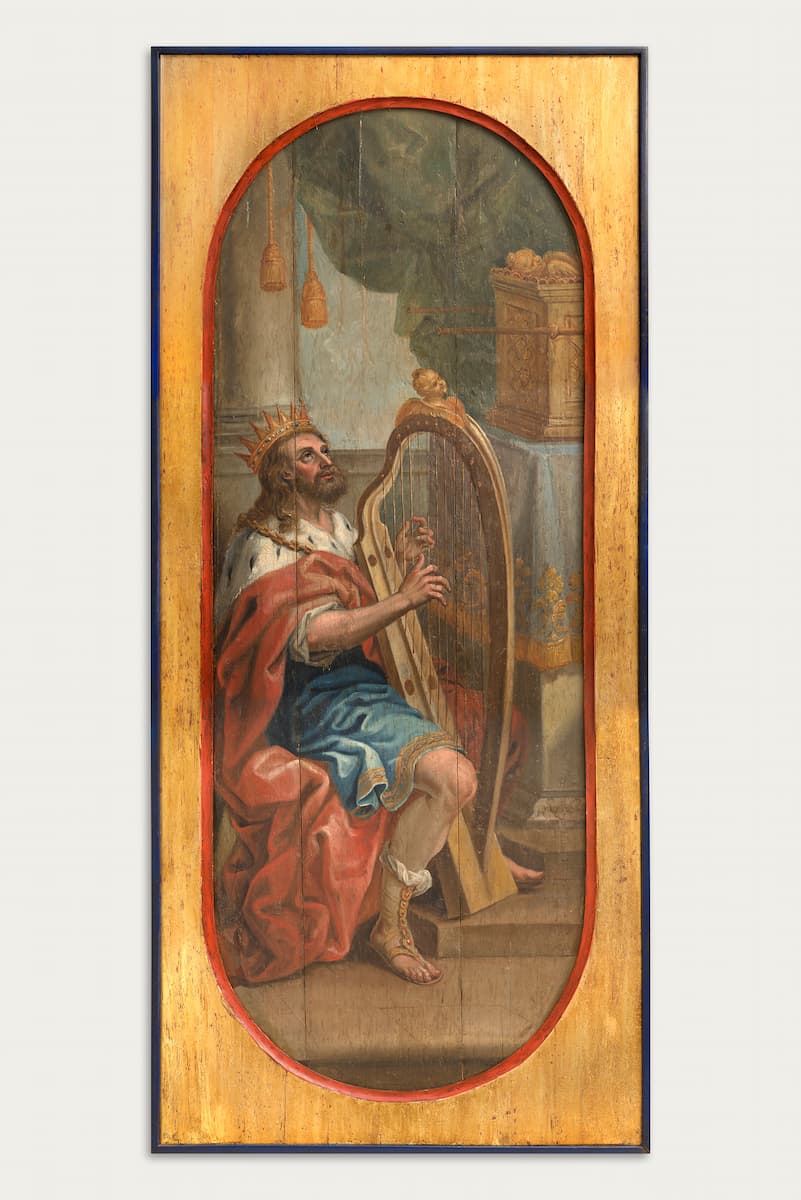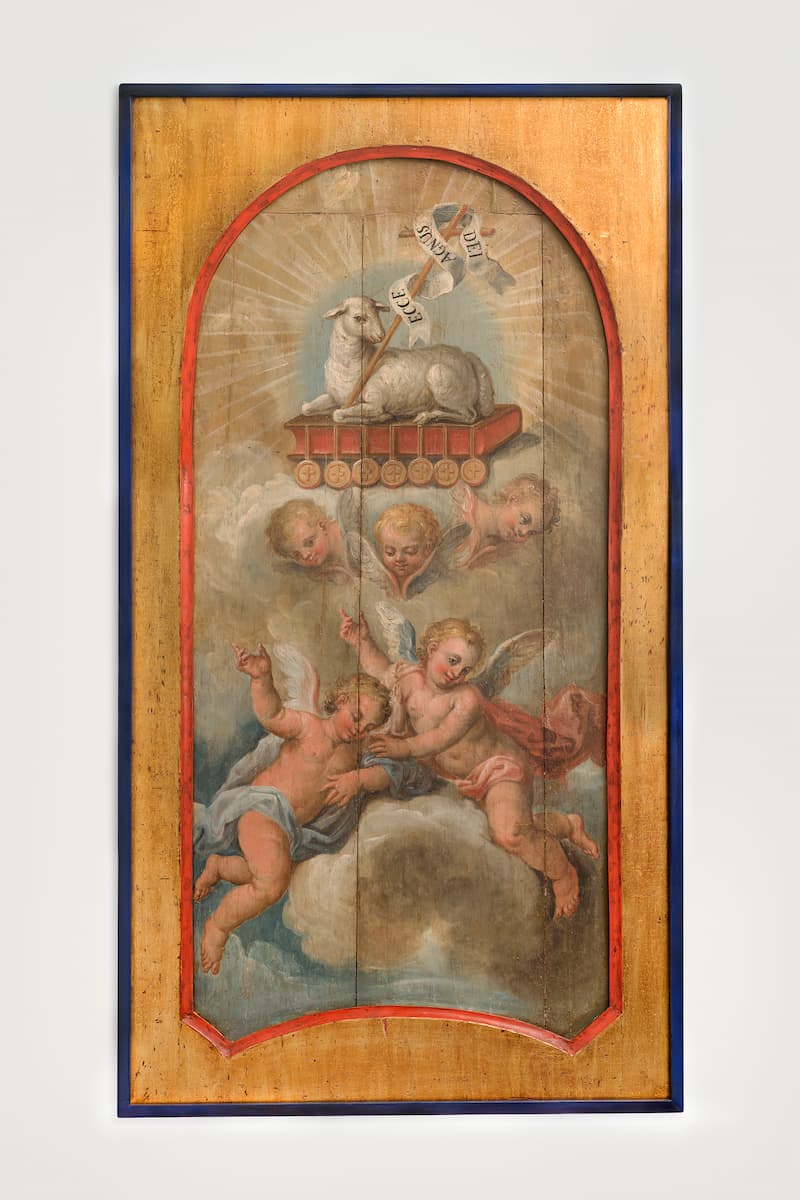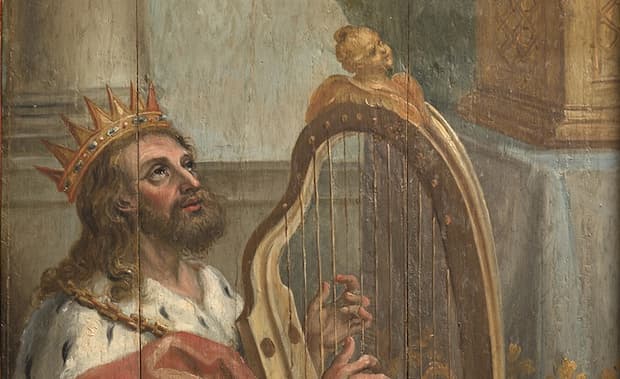Works will be delivered on the day 15 August and will be on display at the Museum of the Republic until October in an exchange program collections of IBRAM museums. the acquisition, with the sponsorship from the Vale Cultural Institute, is part of the Acquisition Movement Project of Works for Brazilian Museums
With the aim of covering gaps in the collections of the country's museums, the Movement for the Acquisition of Works for Brazilian Museums Project – sponsored by Vale Cultural Institute, approved through the Culture Incentive Law – encourages partnerships between collections, Private initiative and museums.
The initiative provides for the rescue and democratization of access to important copies of the Brazilian colonial art collection.
Partnership with the private sector to acquire works from relevant private collections for public museum collections, through the Rouanet Law program, is fundamental for the country's museum institutions.
In addition to ensuring the preservation of this cultural heritage in Brazil, gives the population the right to enjoy it at any time, for free. The project is supported by the Federal Culture Incentive Law.
Jose Joaquim da Rocha (1737-1807) He is considered one of the great masters of national Baroque. He was the founder of the Escola Baiana de Pintura and influenced two generations of followers., that preserved principles of their aesthetics until the mid-nineteenth century.
Among his most notable works is the “Glorification of the Immaculate Conception”, painting on the ceiling of the Church of Nossa Senhora da Conceição da Praia, in Salvador, considered his masterpiece.
The five paintings that make up the set that will be incorporated into the collection of the National Museum of Fine Arts are: Allegories of the Lamb of God; Pelican Allegory; david playing harp; Priest offering bread and wine and High Priest of Israel.
The Project Movement for the Acquisition of Works for Museums Brazilians started in Bahia, in April this year, with the purchase of an image of Our Lady of the Crib, dating from the 17th century, to the Palácio da Sé Museum, in Salvador.
Sign up to receive Event News
and the Universe of Arts first!
Now arrives in Rio de Janeiro with the set of paintings by José Joaquim da Rocha, that originally belonged to the old Church of Saint Peter, Parish of São Pedro Velho Extramuros, in the capital of Bahia, demolished in 1913 for the “modernization of the city”.
With the disappearance of churches and buildings in Colonial Brazil, many works by baroque masters such as José Joaquim da Rocha and José Theophilo de Jesus were destroyed or acquired by private individuals. And many museums in the country lack this historically rich and fundamental collection..
The National Museum of Fine Arts is an important example: its art gallery offers a unique panorama of Brazilian painting, but until now it did not have works from the relevant Bahia School of Painting.
ABOUT THE VALE CULTURAL INSTITUTE
The Vale Cultural Institute is based on the principle that experiencing culture allows people to broaden their worldview and create new perspectives for the future.. It plays an important role in social transformation and seeks to democratize access, promote the art, the culture, the knowledge and diffusion of different artistic expressions of our country, while contributing to the strengthening of the creative economy.
There are more than 600 projects created, supported or sponsored by 24 States and the Federal District. Among them, a network of own cultural spaces, sponsored via the Federal Culture Incentive Law, with free visitation, in addition to unique identity and vocation: Memorial Minas Gerais Vale (MG), Valley Museum (ES), Vale Maranhão Cultural Center (MA) and House of Culture of Canaã dos Carajás (PA). where is culture, Vale is. Visit the Vale Cultural Institute website: institutoculturalvale.org
Service
José Joaquim da Rocha – The Master of the Bahia School of Painting
From 16 august to 01 October 2023
Museum of the Republic
S. do Catete, 153, Catete, Rio de Janeiro / RJ
Time: from Tuesday to Friday, from 10 às 17h
On Saturdays, Sundays and holidays, 11h às 17h




